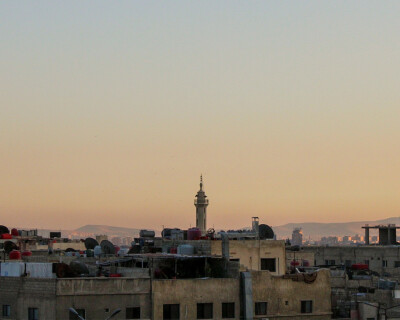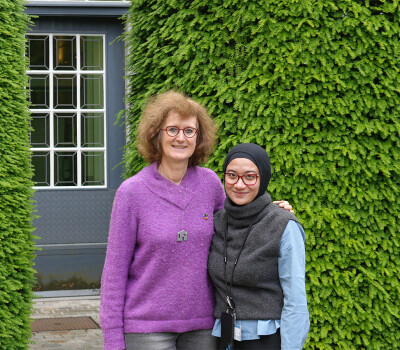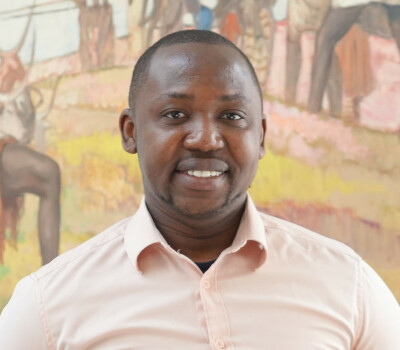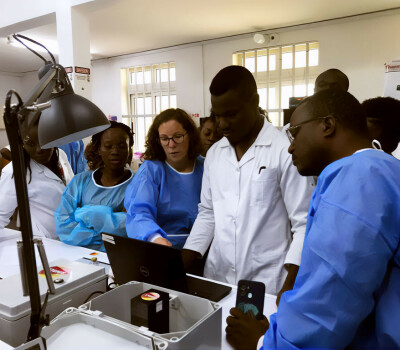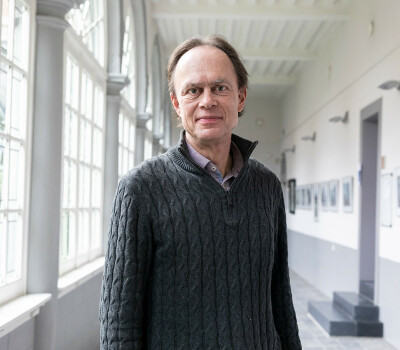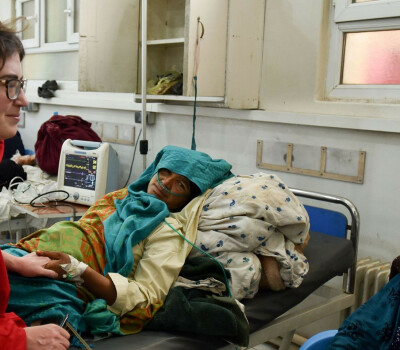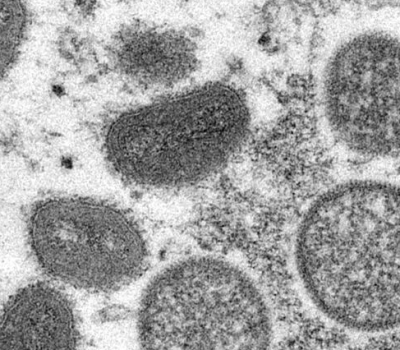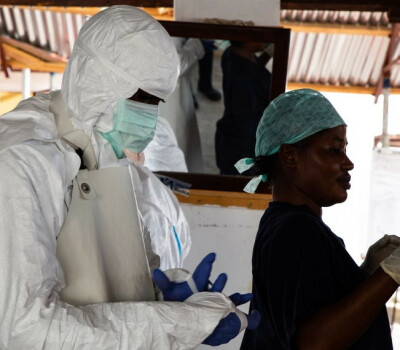The struggle for accessing essential medicines in Northern Syria

When war and conflict dismantle a nation’s healthcare system, what happens to those in a critical need of life-saving medicines? This question is at the heart of Saleh Aljadeeah’s research. Having worked as a pharmacist in Syria, he has witnessed firsthand the challenges of accessing essential medicines in a region fragmented by conflict. Through the PharmaChron project, financed by the King Baudouin Foundation, he illustrates a stark picture of scarcity, resilience, and the urgent need for change.
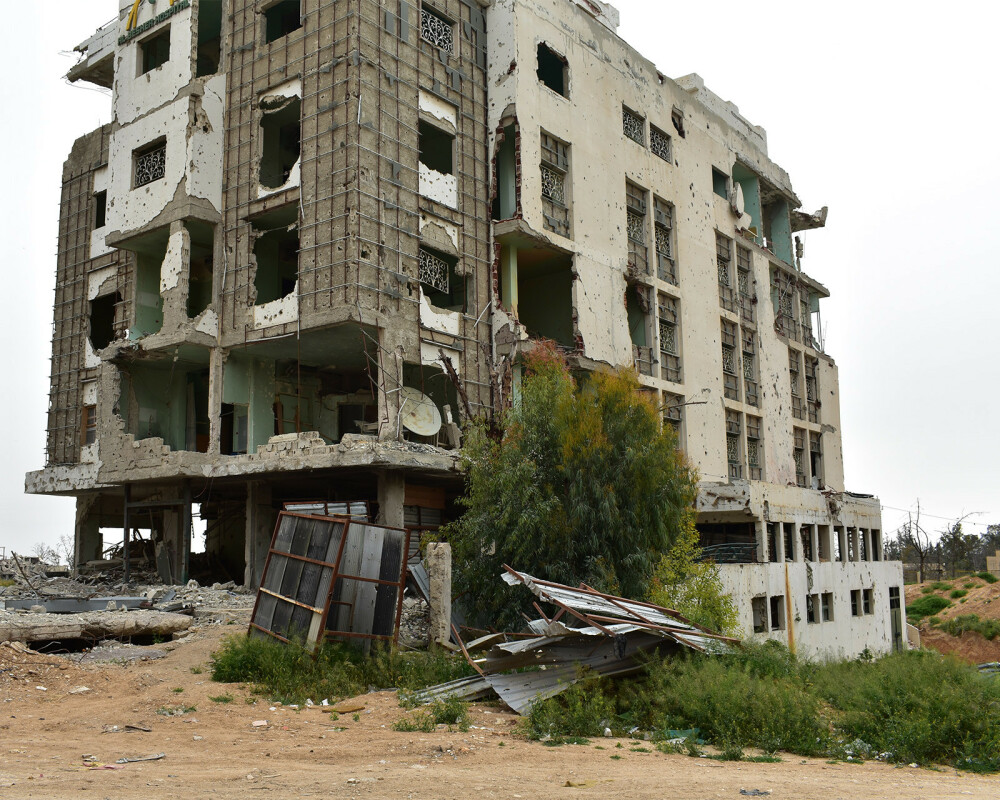
Healthcare in ruins
Before the conflict began in 2011, Syria’s healthcare system was comparable to those of other middle-income countries. A thriving pharmaceutical industry met nearly all local demand, with 63 factories covering 90% of the local market’s needs. However, as war erupted, that stability crumbled. Medicine shortages became widespread, and illegally imported medicines (so called “touristic medicines”, due to their unknown origins) began circulating unchecked.
The reality is grim. In the absence of a well-structured and regulated pharmaceutical system, the medicine supply is disrupted, resulting in widespread shortages of medicines and wildly fluctuating prices. Essential medicines become inaccessible to many. Patients with chronic illnesses often face choices between rationing their doses, resorting to self-monitoring, or foregoing treatment altogether. For women, the barriers are even greater, with mobility restrictions and social norms disadvantaging them and limiting their ability to access care.

And not only that. Patients with certain health conditions often suffer stigma. This was the case for epilepsy. Patients with epilepsy often shied away from asking questions about their condition. Many feared seizures were a sign of something mystical rather than medical, leading to silence and misinformation. Without neurologists available, pharmacists became their only source of guidance, often forced to make do with limited supplies.
Pharmacists on the frontline
With hospitals struggling to function, pharmacists have taken on roles far beyond their formal training. Though legally prohibited from diagnosing chronic diseases, many have had no choice but to fill the gap left by a broken system. Improvisation has become a necessity. Many have had to manage scarce medicine supplies, verify medicine quality through visual inspections alone, and collaborate within informal networks to ensure patients received the care they need. “We know we are going too far sometimes,” one pharmacist stated, “but at the end, we are trying our best not to leave the patients alone in this disaster.”
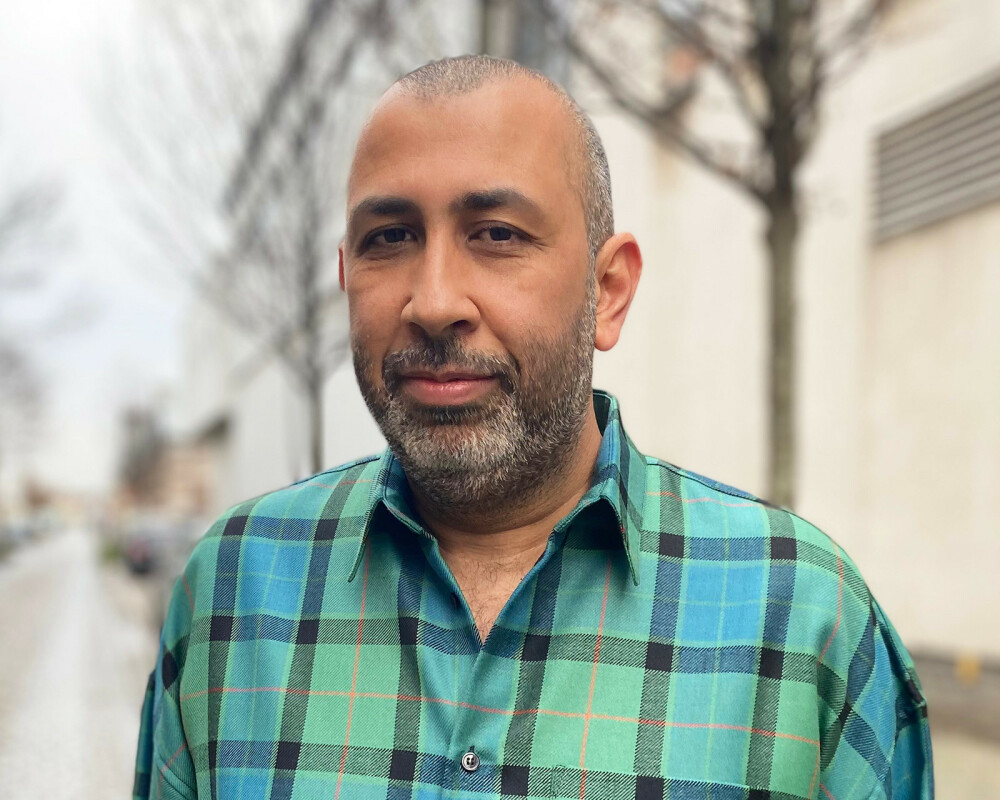
Resilience, hope, and the struggle for a better future
Despite these overwhelming challenges, Saleh’s research points to a path forward. Strengthening local pharmaceutical production, improving price regulation, and paying more attention to non-communicable diseases in conflict zones could make a tangible difference. Lifting sanctions that restrict medicine access and fostering flexible, collaborative healthcare initiatives would also help stabilize the situation.
While the crises in Syria and the region remains severe, improvements are possible. Rethinking traditional humanitarian aid models while supporting local initiatives could improve access to health care. Saleh’s work is more than just research. It is also a testament to the endurance of those that are compelled to fight to provide care in the most difficult circumstances.

Curious for more stories?
Saleh shares his personal experiences and insights in the fight for health for all in Season 2 of our ITM podcast Transmission.
Research themes

Pharmaceutical Public Health
Read moreSpread the word! Share this story on
